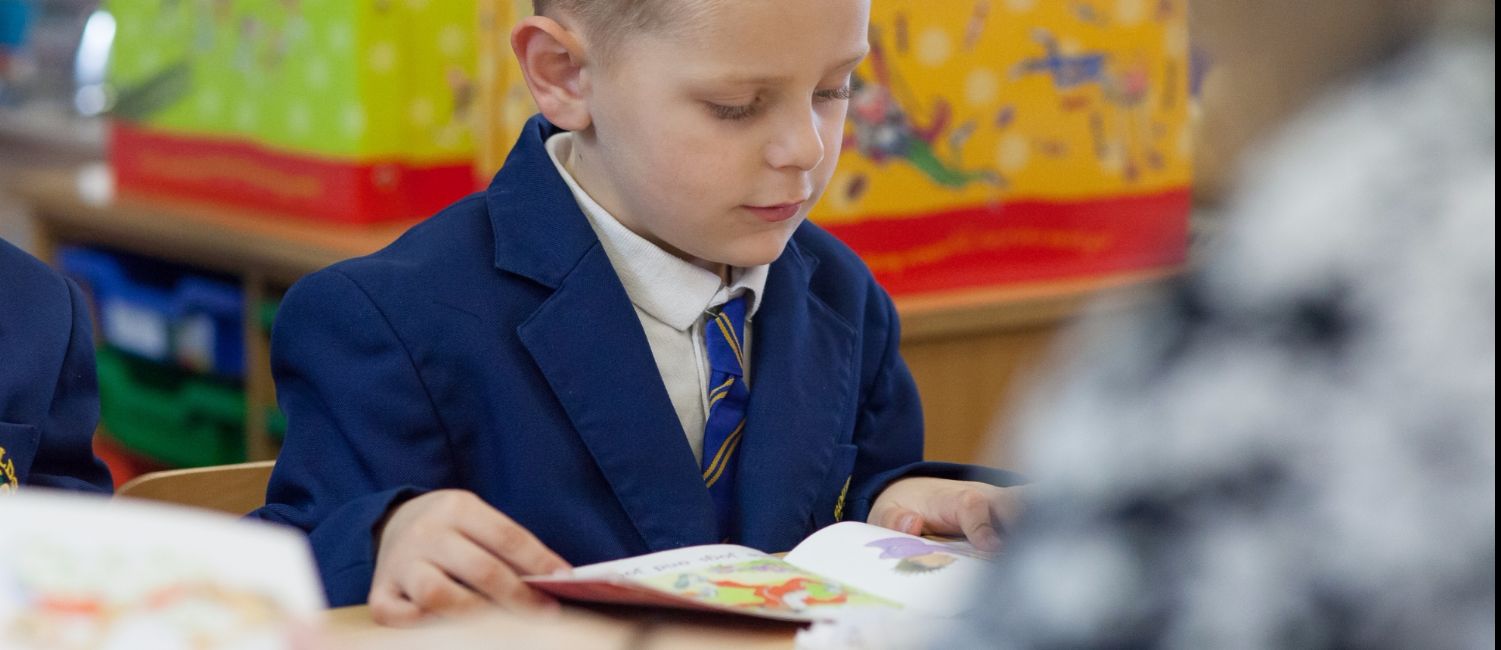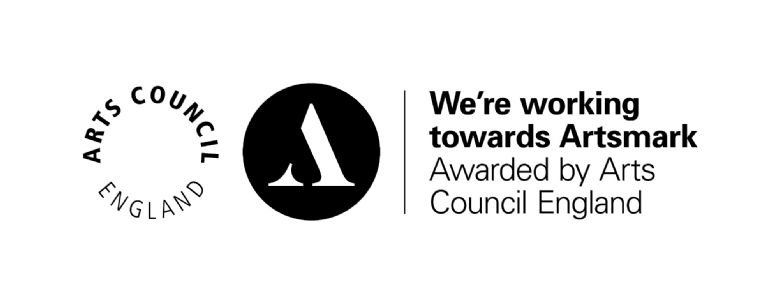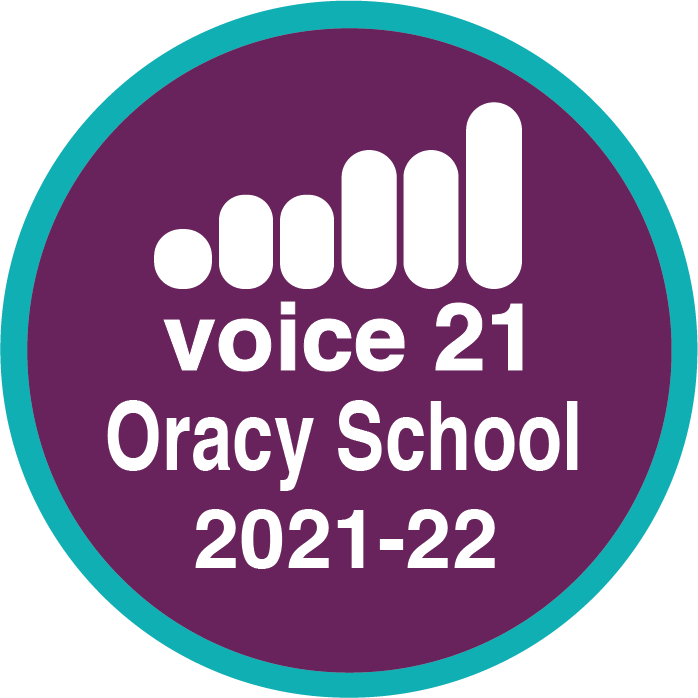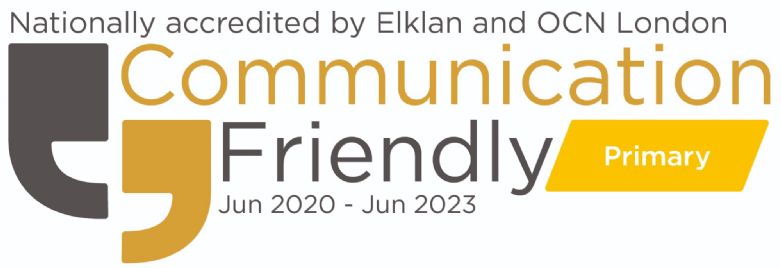DfE Curriculum Guidance
The school curriculum in England
Every state-funded school must offer a curriculum which is balanced and broadly based and which:
- promotes the spiritual, moral, cultural, mental and physical development of pupils at the school and of society, and
- prepares pupils at the school for the opportunities, responsibilities and experiences of later life.
The school curriculum comprises all learning and other experiences that each school plans for its pupils. The national curriculum forms one part of the school curriculum.
All state schools are also required to make provision for a daily act of collective worship and must teach religious education to pupils at every key stage and sex and relationship education to pupils in secondary education.
Maintained schools in England are legally required to follow the statutory national curriculum which sets out in programmes of study, on the basis of key stages, subject content for those subjects that should be taught to all pupils. All schools must publish their school curriculum by subject and academic year online.
All schools should make provision for personal, social, health and economic education (PSHE), drawing on good practice. Schools are also free to include other subjects or topics of their choice in planning and designing their own programme of education.
Aims
The national curriculum provides pupils with an introduction to the essential knowledge that they need to be educated citizens. It introduces pupils to the best that has been thought and said; and helps engender an appreciation of human creativity and achievement.
The national curriculum is just one element in the education of every child. There is time and space in the school day and in each week, term and year to range beyond the national curriculum specifications. The national curriculum provides an outline of core knowledge around which teachers can develop exciting and stimulating lessons to promote the development of pupils’ knowledge, understanding and skills as part of the wider school curriculum.
Structure
Pupils of compulsory school age in community and foundation schools, including community special schools and foundation special schools, and in voluntary aided and voluntary controlled schools, must follow the national curriculum. It is organised on the basis of four key stages 3 and twelve subjects, classified in legal terms as ‘core’ and ‘other foundation’ subjects.
The Secretary of State for Education is required to publish programmes of study for each national curriculum subject, setting out the ‘matters, skills and processes’ to be taught at each key stage. Schools are free to choose how they organise their school day, as long as the content of the national curriculum programmes of study is taught to all pupils.
Inclusion
Setting suitable challenges
Teachers should set high expectations for every pupil. They should plan stretching work for pupils whose attainment is significantly above the expected standard. They have an even greater obligation to plan lessons for pupils who have low levels of prior attainment or come from disadvantaged backgrounds. Teachers should use appropriate assessment to set targets which are deliberately ambitious. Responding to pupils’ needs and overcoming potential barriers for individuals and groups of pupils.
Teachers should take account of their duties under equal opportunities legislation that covers race, disability, sex, religion or belief, sexual orientation, pregnancy and maternity, and gender reassignment.
A wide range of pupils have special educational needs, many of whom also have disabilities. Lessons should be planned to ensure that there are no barriers to every pupil achieving. In many cases, such planning will mean that these pupils will be able to study the full national curriculum. The SEN Code of Practice includes advice on approaches to identification of need which can support this. A minority of pupils will need access to specialist equipment and different approaches. The SEN Code of Practice outlines what needs to be done for them.
With the right teaching, that recognises their individual needs, many disabled pupils may have little need for additional resources beyond the aids which they use as part of their daily life. Teachers must plan lessons so that these pupils can study every national curriculum subject. Potential areas of difficulty should be identified and addressed at the outset of work.
Teachers must also take account of the needs of pupils whose first language is not English. Monitoring of progress should take account of the pupil’s age, length of time in this country, previous educational experience and ability in other languages.
The ability of pupils for whom English is an additional language to take part in the national curriculum may be in advance of their communication skills in English. Teachers should plan teaching opportunities to help pupils develop their English and should aim to provide the support pupils need to take part in all subjects.



















